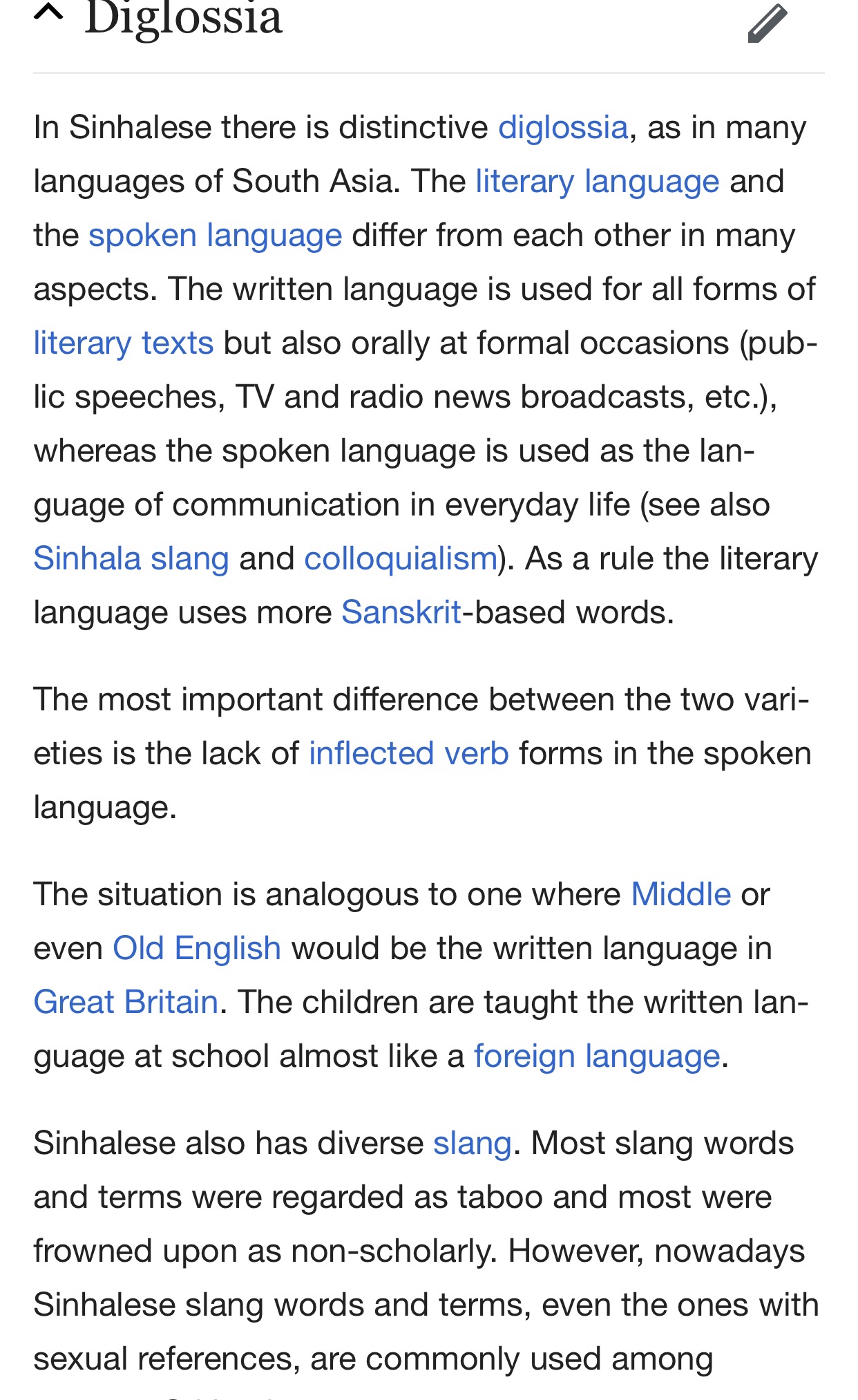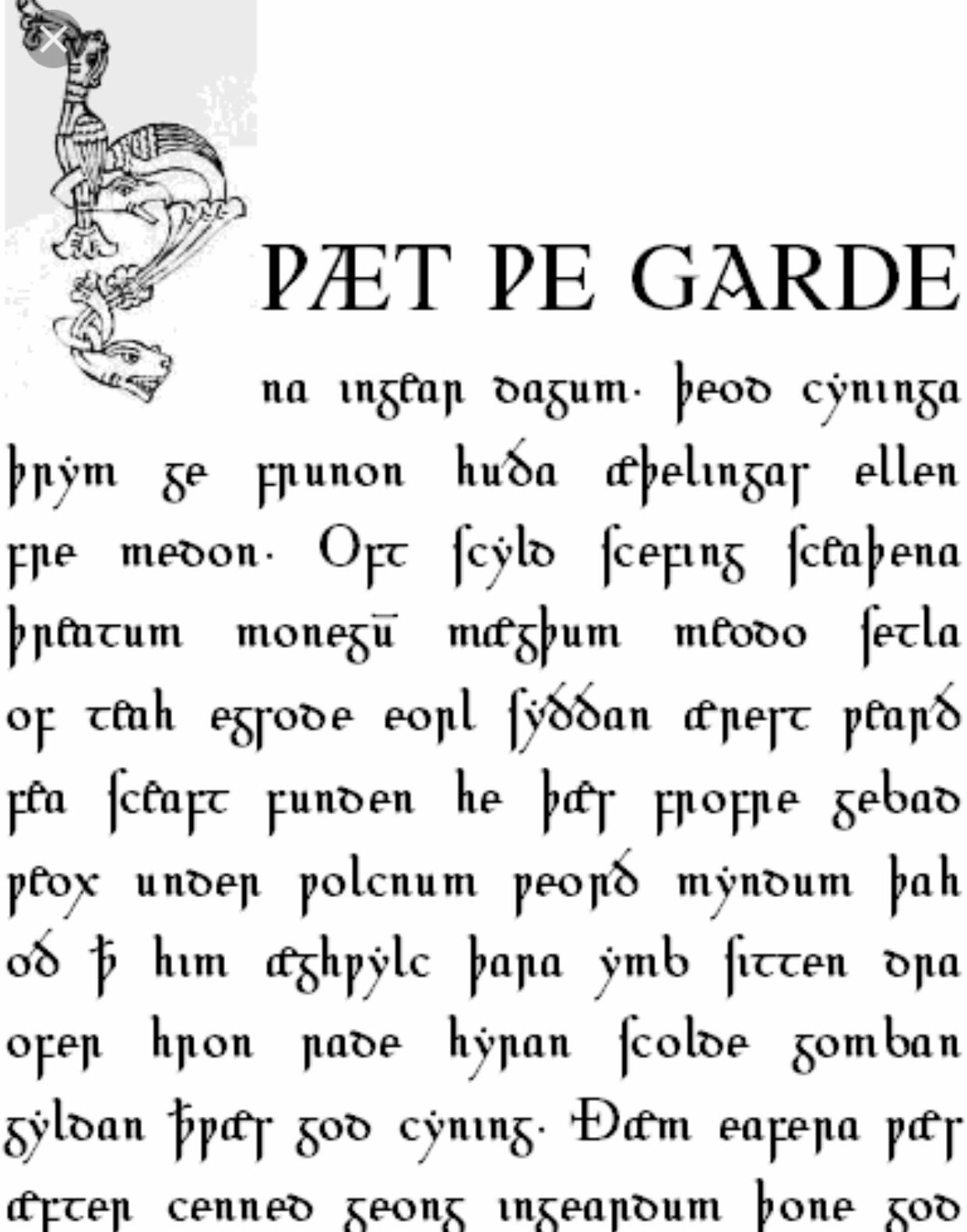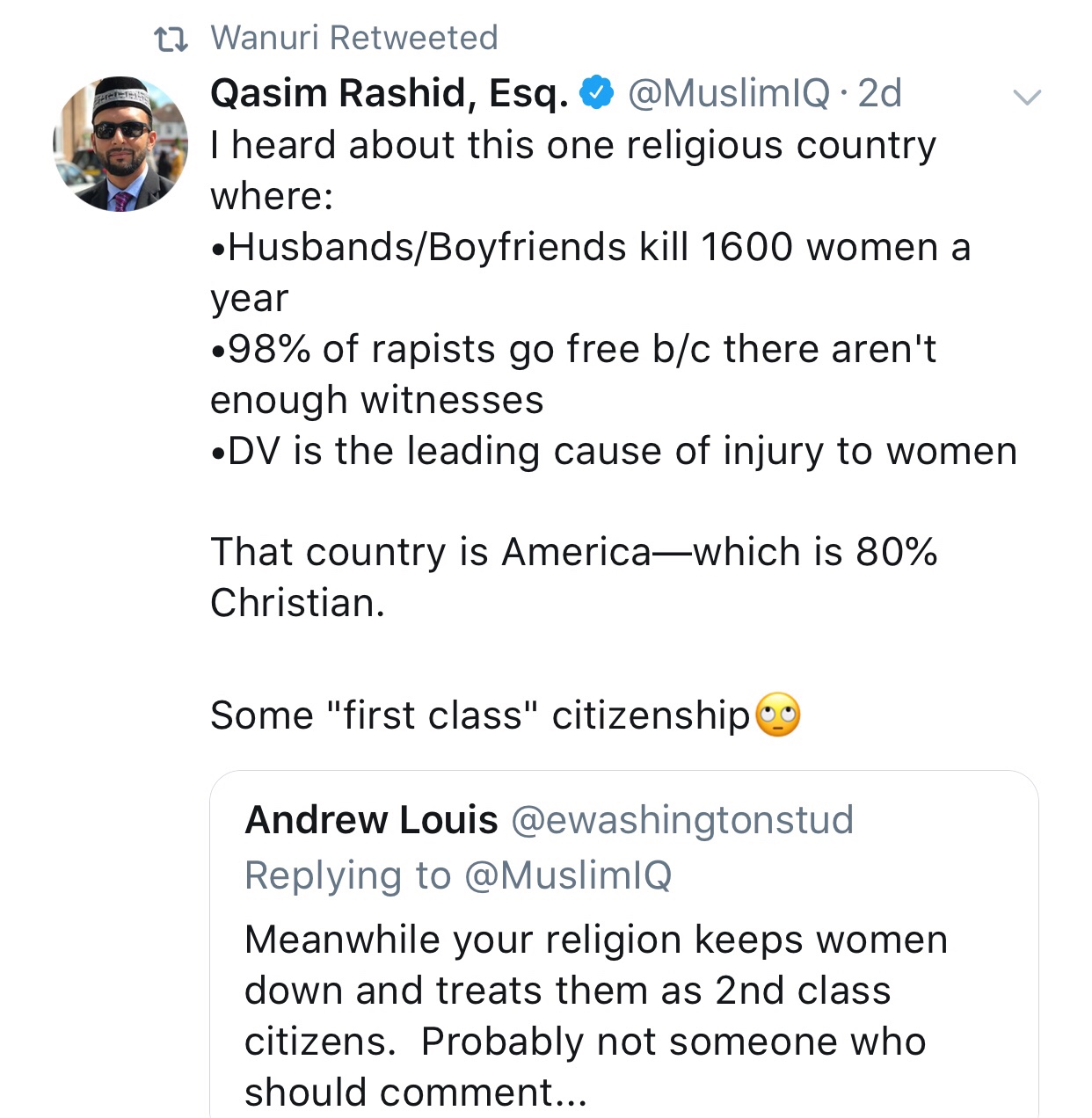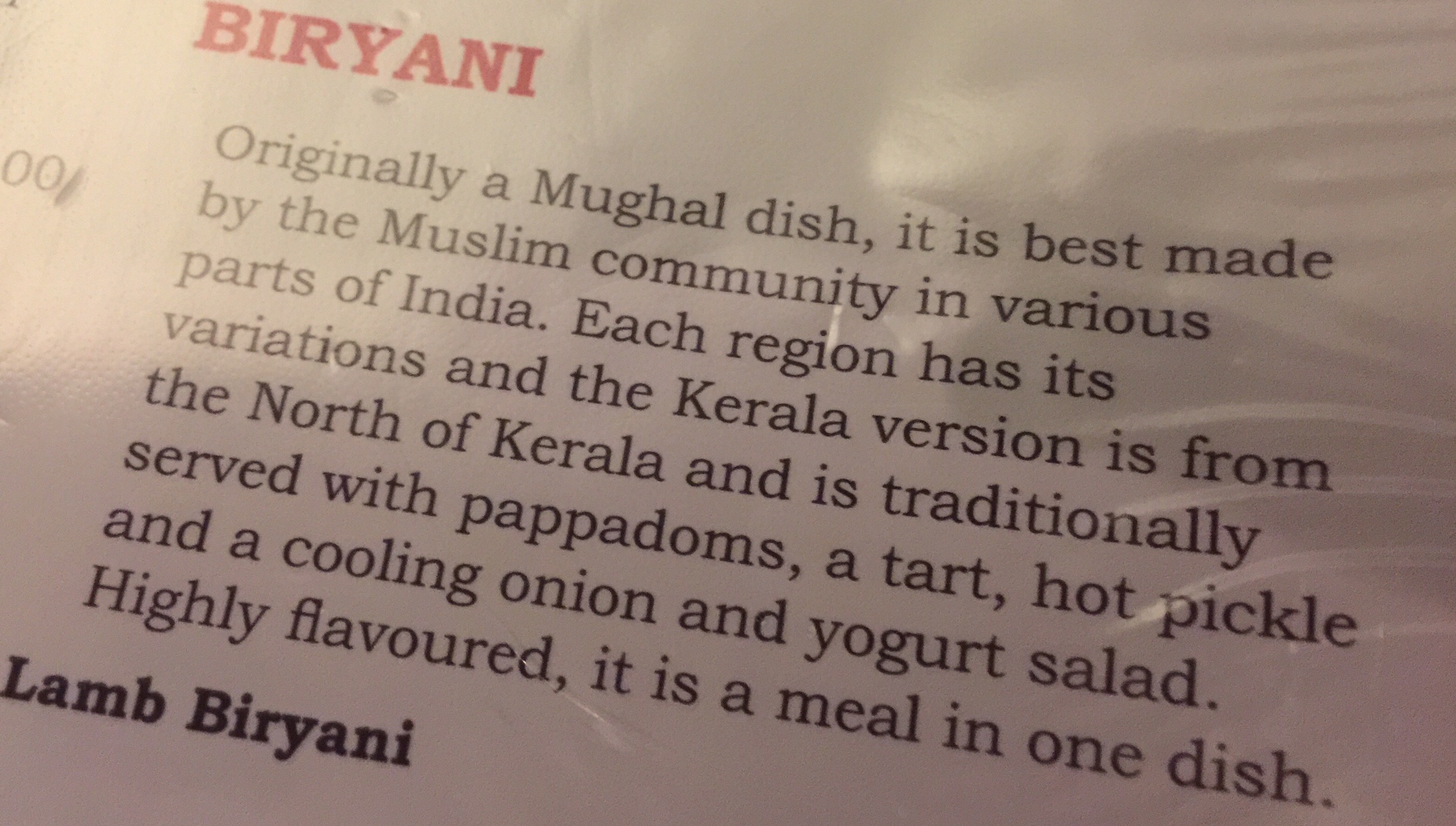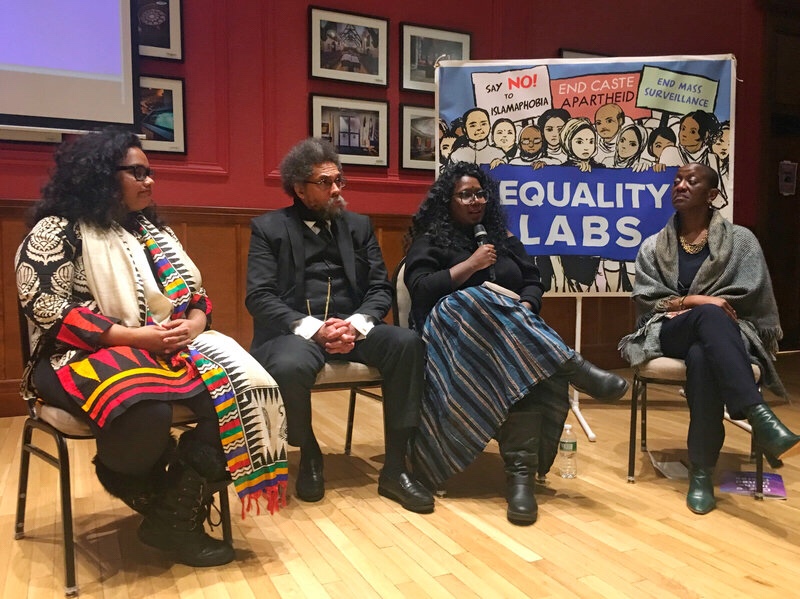I was reading the article Vijay posted about the Search for Buddha:
In the 1680s, King Narai of Siam became interested in Christianity, and even more interested in European science, especially astronomy. Louis XIV dispatched two embassies to Siam, in 1685 and 1687, including a strong contingent of Jesuit scientists. Dolu was part of the 1687 group.
The rest of the article reads like a chick-lit detective story. However the above passage struck me.
End of History
The end of the Cold War, Star Trek, Francis Fuyukama assured us in the 90’s that History was coming to an end and very soon we would become an English speaking multi-racial world with a generic Americanised culture.
Of course Samuel Huntington saw things quite differently and he’s been proven right. All over the world there are these (last gasp?) rightist/populist push backs against globalisation.
Greco-Roman world
The last parallels I can think of is the Greco-Roman cultural ambit under initially the Macedonian (who brought Hellenism to the East) and the Romans (who later evolved into the Byzantines).
Ultimately a good marker to assess cultural hegemony is via language because language guides us in how we process the world and culture arounds us. I also see that language diffusion and adoption is usually a result of political hegemony rather than coolness factors.
Christianity & Latin
Western Europe became Latin speaking simply because it was under the Romans for as long as it was. There is no region in Europe that adopted a Vulgar Latin language that wasn’t under sustained Roman control (it never grafted onto Britain). The same goes for Christianity where it’s spread usually mirrored political control as well both in late antiquity and in the colonial era.
To fast forward there wasn’t a spontaneous adoption of Christianity in the colonial era when there were sophisticated local religious hierarchies. Christianity failed to make significant headway into Asia with the notable exception of Philippines.
Cultural Diffusion
So hard power usually precedes soft power. The third great diffuser of a civilisation beyond language and religion is culture. In yesteryear it was Shakespeare now it is Hollywood.
Bactria & Hollywood
An example of a good model of cultural diffusion vis a vis Hollywood in Asia is the spread of Hellenistic sculptural traditions into East via Bactria. The Sleeping Buddha statues are direct but unrecognisable descendants of the Classical Greek sculptures we see in the Louvre and other museums.
Hollywood is akin to this. Many good romantic and star cast films are mined for their ideas and remade in Bollywood possibly in other Asian, Arab and African cinemas (I can’t be certain). It’s interesting to see that Hollywood, as the leading hegemonic global Cinema, is moving away from “star power” to franchises (like the Avengers).
People around the world will watch Hollywood for movies like the Avengers but will watch their own cinemas for great romantic films (which ultimately is more relatable when it has local films). So Hollywood isn’t Anglicising/Americanising the world inasmuch as providing a generic platform to watch expensive action blockbusters.
What will the world look like in a millennia
Of course predicting tomorrow is hard enough but a millennia ago most of the great world civilisations were already set in place. When a culture or civilisation has planted roots into a particular geography it’s only an Act of God or sustained brutality that can evict it. Soft power has a role in blurring the boundaries between cultures but in never erasing those cultures.
Do we become American when use Facebook
We are of course all products (to varying degrees) of values of the Western Enlightenment but that in itself is now decoupling from being Western/Westernised as time wears itself on. A similar example would be that we all use Roman legal codes (to some extent) but that doesn’t make us Romanised. A more contemporary example would be that using Facebook doesn’t make us American.
Going back to the initial passage in 1680 King Narai was flirting with Christianity; in 2018 Thailand remains a staunchly Buddhist monarchy with an almost virulent (?) nationalist tradition.
